Deadline to lodge an appeal for rejected scheme passed yesterday
David Chipperfield Architects’ plans for a Chinese embassy on the former Royal Mint Site look destined for the scrapheap following Beijing’s apparent decision not to revive the project.
The 700,000sq ft scheme, which would have been the UK’s largest embassy, was refused by Tower Hamlets council last year after objections from locals and MPs.
A six month window to lodge an appeal expired yesterday with no action from China, the council has confirmed.
A spokesperson for the council said: “The time limit for the Chinese embassy or those acting on its behalf to make an appeal is six months from the decision date. The decision was issued on 10 February and so the deadline for an appeal is today [Thursday].”
Sources close to the embassy scheme believe the Chinese may now look to turn the land into housing, according to The Telegraph.
The embassy would have hugely expanded China’s diplomatic headquarters in London from its current premises on Portland Place, opposite the RIBA headquarters.
The Chinese government purchased the former site of the Royal Mint in 2018 for more than £255m. The plans would have required the partial demolition of some grade II-listed buildings on the historic five acre complex, which housed the Royal Mint between 1809 and 1967.
The grade II*-listed Johnson Smirke building, designed by James Johnson and British museum architect Robert Smirke, would have been restored and used as the embassy’s main building.
Tower Hamlets’ planning committee voted three in favour and five against to reject the proposals in December, against the advice of the planning officer.
Many residents and councillors were strongly opposed to the scheme, which they said would increase traffic congestion in the area and damage heritage assets.
Concerns were also raised over the risk of a repeat of the incident at the Chinese Consulate in Manchester in October, when a protestor suffered injuries after being allegedly dragged inside the compound and assaulted by embassy staff.
Councillor Shafi Ahmed said during the planning committee hearing in December that the plans would have a “profound impact on the residents in every aspect of their lives”.
He said the Manchester incident “passed serious doubts on the Chinese government’s ability to control their [staff’s] conduct in the United Kingdom”, which he said was “clearly of deep concern for both residents and businesses in a borough where free speech and democracy are our core values”.
Ahmed also said the embassy’s decision to cancel a consultation meeting with residents in the immediate aftermath of the Manchester protests “indicates that this embassy has no intention to seriously engage with the residents on the issues which most matter to them”.
“We claim to be a council that listens to the residents but this is a spit in the face of that idea,” he added.
London mayor Sadiq Khan said in February he would not use his legal powers to intervene in the council’s decision.


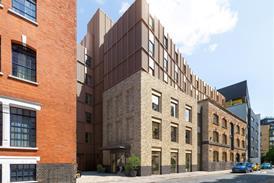






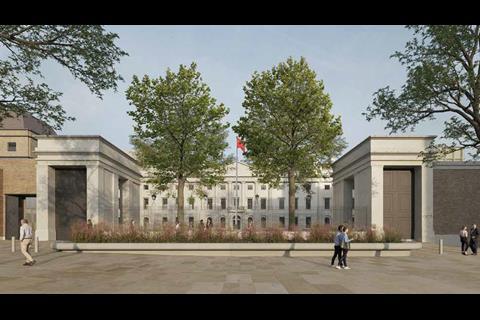
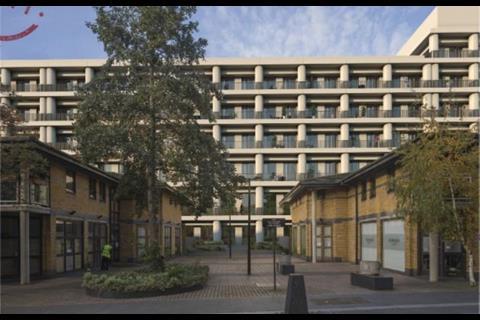
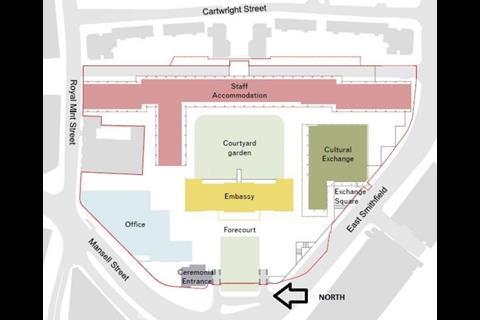
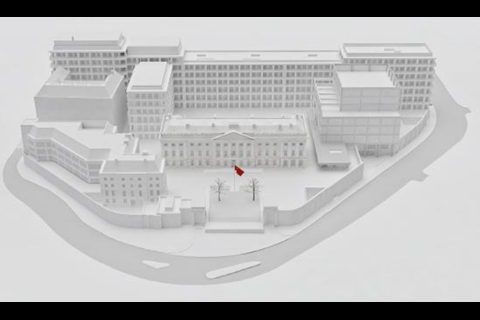
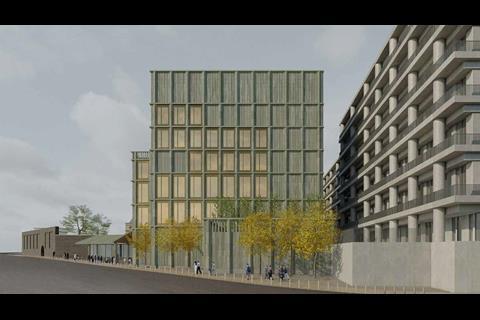
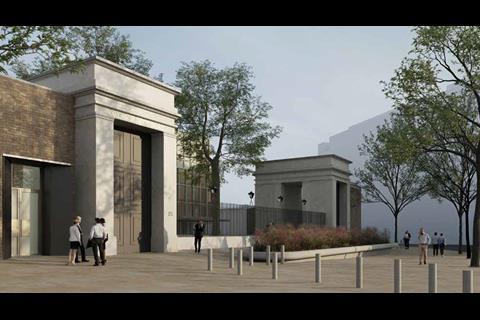
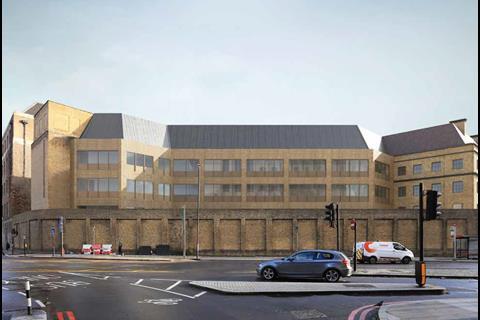
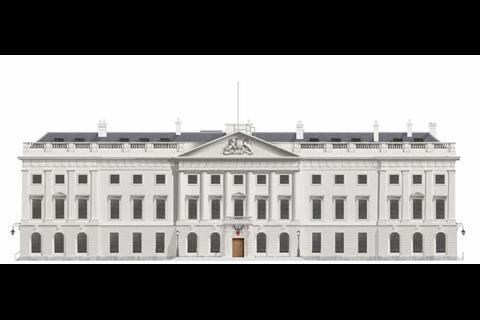







No comments yet